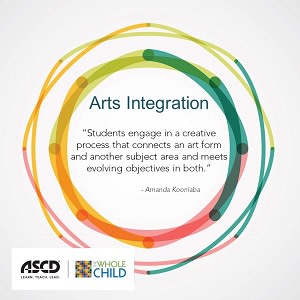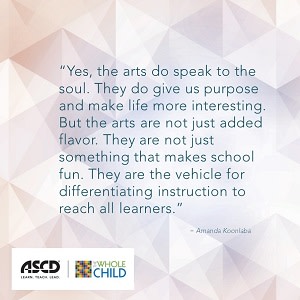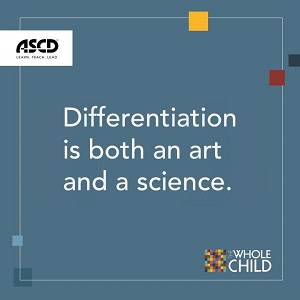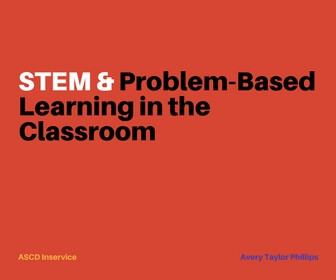In my article “Let Strategies Serve Literature” (Educational Leadership, March 2011), I argue that reading strategies should serve literature and not vice versa. Throughout the article, I maintain that there should be a literature curriculum—a careful selection of works that students should read.
In the article immediately preceding mine (“Worthy Texts: Who Decides?“), Barry Gilmore argues passionately that students should choose their own books in English class—not always, but often. While agreeing that students should have the opportunity to read books of their choosing, I believe that most of this should take place outside of school. Schools should select, arrange, and teach specific works of literature. Here are some reasons why.
First, school should be a place where students read what they would not normally read on their own—works that may seem difficult or obscure at first. If they choose their own books in school, they will be limited to what they immediately like, even if the teacher nudges them now and then toward something more challenging or less familiar. In my experience, students have come to adore books and poems they read in class, works they might not have encountered otherwise. I remember one English language learner saying about Plato’s Crito, “This went straight to my heart.”
Second, whole-class reading of literature allows students to hear different perspectives on a work and to refine their own understanding of it. In this manner, through common knowledge, students develop independent thought. Hannah Arendt wrote in The Human Condition that to participate as individuals in the public sphere, we need to be talking about the same things. If “the sameness of the object can no longer be discerned,” she writes, we descend into solipsism and conformity.
Third, as I argue in my article, if the literature itself is not the common ground, something else will be, such as skills and strategies—and the emphasis on these processes will distort the literature. What strategy could capture Nikolai Gogol’s story “The Nose“? No strategy is adequate—not prediction, not visualization, not summarizing, not inference-making. The only viable strategy is “Nose-logic,” which comes from reading and rereading “The Nose.”
Fourth, the very act of selection has meaning; it is a way of saying, “this is important; I want you to have it.” The selections may change over time, but the act of selecting should stay. English teachers are teachers for a reason. They know works that students do not yet know. They have returned to works over the years, wrestling with them, delighting in them, and understanding them in new ways. Through returning to this literature and passing it on, teachers show students how to do the same.
Fifth, works respond to each other, argue with each other, push and stretch each other, mock each other, or play with similar ideas and forms. To convey this, schools should teach certain works in combination. For instance, students in middle or high school might read Edwin Arlington Robinson’s villanelle “The House on the Hill” along with Langston Hughes’s “Poem” (“I loved my friend”). They could consider how the latter might be a reply to the former, and how both linger in some way (though differently) after saying that there’s nothing more to say.
Sixth, independent reading should be truly independent—not monitored (except by parents), not subject to assignments, not socialized through group work. Students should be encouraged to read on their own—truly, fully on their own—when not in school.
In short, a literature curriculum does justice to literature and the minds that encounter it.
Post submitted by Diana Senechal, a former New York City public school teacher. Her book, Republic of Noise: The Loss of Solitude in Schools and Culture, will be published by Rowman and Littlefield Education in late 2011.








